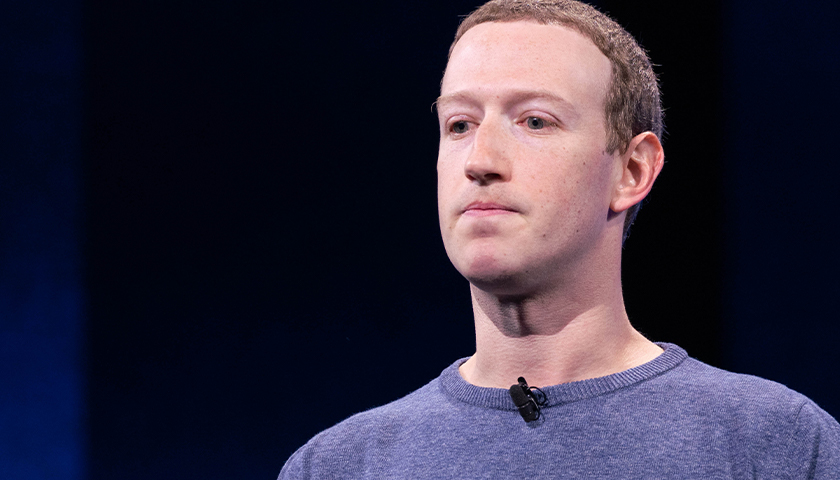by Ailan Evans
Facebook Chief Executive Mark Zuckerberg broke his silence on Facebook whistleblower Frances Haugen late Tuesday, rebutting several of her allegations in a Facebook post.
“At the most basic level, I think most of us just don’t recognize the false picture of the company that is being painted,” Zuckerberg wrote in a letter to Facebook employees posted to his account. “Many of the claims don’t make any sense.”
Haugen, a former Facebook product manager, had leaked internal company documents to The Wall Street Journal published in mid-September that detailed controversial aspects of Facebook’s business practices, including its research into the harms of Instagram, as well as its knowledge of how its engagement algorithms boost incendiary content.
 In whistleblower complaints filed with the Securities and Exchange Commission and in testimony before a Senate Commerce subcommittee Tuesday, Haugen alleged that Facebook willfully ignored the harms of its own products and prioritized profit of user safety, also claiming the company’s lack of aggressive content moderation contributed to real-world violence.
In whistleblower complaints filed with the Securities and Exchange Commission and in testimony before a Senate Commerce subcommittee Tuesday, Haugen alleged that Facebook willfully ignored the harms of its own products and prioritized profit of user safety, also claiming the company’s lack of aggressive content moderation contributed to real-world violence.
Zuckerberg addressed several of Haugen’s arguments, characterizing them as “illogical.”
“If we wanted to ignore research, why would we create an industry-leading research program to understand these important issues in the first place?” Zuckerberg wrote. “If we didn’t care about fighting harmful content, then why would we employ so many more people dedicated to this than any other company in our space — even ones larger than us?”
Haugen had argued in her testimony that Facebook was incentivized to promote misinformation and harmful or divisive content as it attracted the most engagement. Zuckerberg argued this was not an accurate characterization of Facebook’s business model.
“The argument that we deliberately push content that makes people angry for profit is deeply illogical,” Zuckerberg wrote. “We make money from ads, and advertisers consistently tell us they don’t want their ads next to harmful or angry content.”
Zuckerberg also addressed the most controversial aspect of Haugen’s revelations, that Facebook’s subsidiary Instagram was harmful to teen users by promoting images with unrealistic bodies or content incentivizing eating disorders.
“As we wrote in our Newsroom post explaining this: ‘The research actually demonstrated that many teens we heard from feel that using Instagram helps them when they are struggling with the kinds of hard moments and issues teenagers have always faced,’” Zuckerberg wrote. “In fact, in 11 of 12 areas on the slide referenced by the Journal — including serious areas like loneliness, anxiety, sadness and eating issues — more teenage girls who said they struggled with that issue also said Instagram made those difficult times better rather than worse.”
Zuckerberg did agree with Haugen that some form of Congressional action was needed to address social media companies, pointing to his history of calling for stricter internet regulations.
– – –
Ailan Evans is a reporter at Daily Caller News Foundation.
Photo “Mark Zuckerberg” by Anthony Quintano CC BY 2.0.




